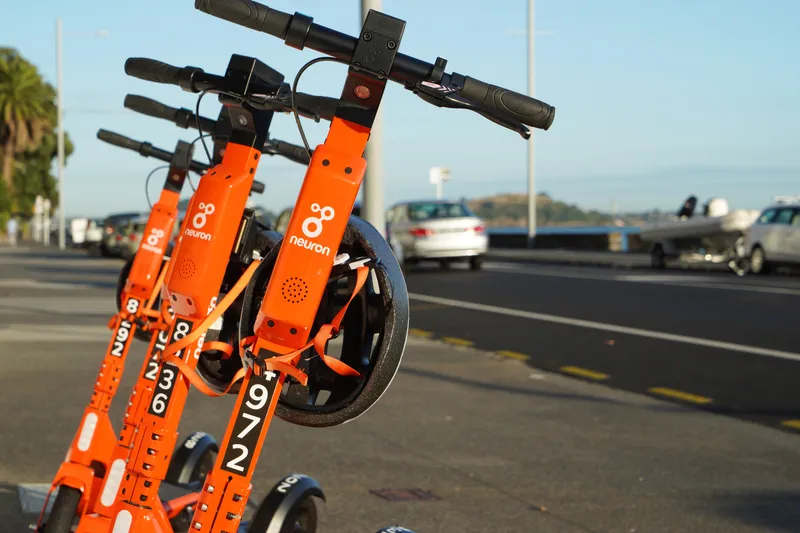As part of the Heart of Slough improvement project, new traffic intersections across seven key sites in and around Slough, UK have been equipped with a total of 162 Siemens WiMag wireless magnetometer sensors by Siemens to help improve the management of traffic using the A4 and travelling to and from the town centre. Complementing the company’s proven loop and radar detection solutions, the sensors provide the Heart of Slough project with an alternative traffic detection system that uses magnetic disturbanc
February 21, 2013
Read time: 2 mins
As part of the Heart of Slough improvement project, new traffic intersections across seven key sites in and around Slough, UK have been equipped with a total of 162 189 Siemens WiMag wireless magnetometer sensors by Siemens to help improve the management of traffic using the A4 and travelling to and from the town centre.
Complementing the company’s proven loop and radar detection solutions, the sensors provide the Heart of Slough project with an alternative traffic detection system that uses magnetic disturbances to detect vehicles and low power wireless technology to transmit data to host controllers.
The system detects traffic at seven new intersections on the A4, Wellington Street, through the centre of town, with access to and from the High Street and Slough’s iconic new bus station.
According to engineer Chris Green representing6651 Slough Borough Council’s Network Management, the new wireless traffic detection system from Siemens has enabled the council to implement the most cost effective solution for the new sites on the network.
Completed within twelve months, the major road network improvements in the Heart of Slough project included removing the Brunel roundabout and creating a new four-way junction controlled by traffic signals to improve traffic flow and installing new improved road level pedestrian crossings. Led by Slough Borough Council and part funded by the Homes and Communities Agency (HCA), the project also included upgrades to the existing road and public transport infrastructure to ease journeys, improve safety and create an attractive gateway to the Heart of Slough. Traffic congestion in the town centre has reduced to below modelled levels for the scheme and bus priority has been included without delaying other road users.
Complementing the company’s proven loop and radar detection solutions, the sensors provide the Heart of Slough project with an alternative traffic detection system that uses magnetic disturbances to detect vehicles and low power wireless technology to transmit data to host controllers.
The system detects traffic at seven new intersections on the A4, Wellington Street, through the centre of town, with access to and from the High Street and Slough’s iconic new bus station.
According to engineer Chris Green representing
Completed within twelve months, the major road network improvements in the Heart of Slough project included removing the Brunel roundabout and creating a new four-way junction controlled by traffic signals to improve traffic flow and installing new improved road level pedestrian crossings. Led by Slough Borough Council and part funded by the Homes and Communities Agency (HCA), the project also included upgrades to the existing road and public transport infrastructure to ease journeys, improve safety and create an attractive gateway to the Heart of Slough. Traffic congestion in the town centre has reduced to below modelled levels for the scheme and bus priority has been included without delaying other road users.







